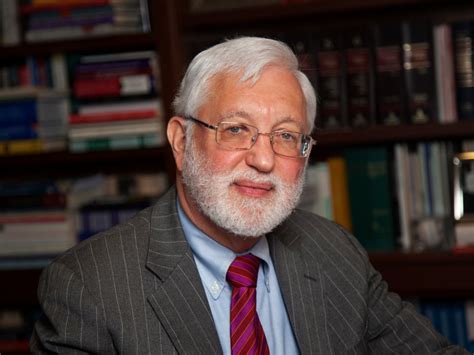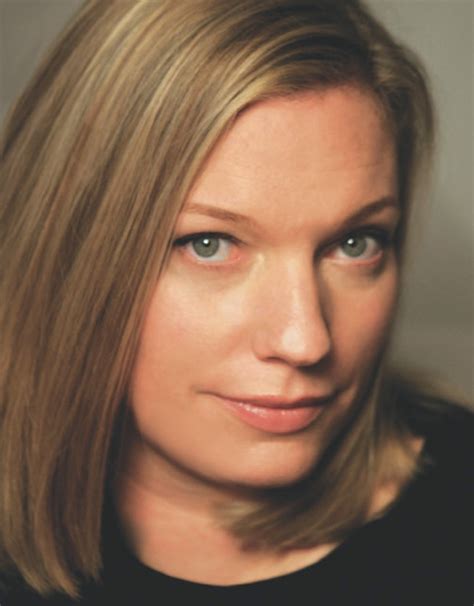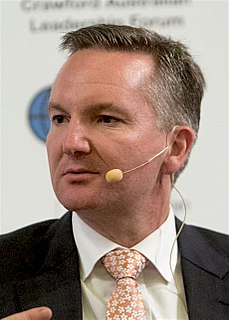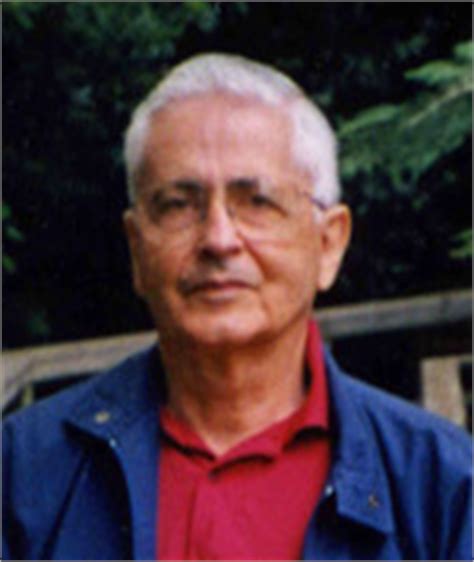A Quote by Pope Benedict XVI
Prudence does not mean failing to accept responsibilities and postponing decisions; it means being committed to making joint decisions after pondering responsibly the road to be taken, decisions aimed at strengthening that covenant between human beings and the environment, which should mirror the creative love of God, from whom we came and towards whom we are journeying.
Quote Topics
Related Quotes
This is how life works. Deciding whom to love is not an alien form of decision-making , a romantic interlude in the midst of normal life. Instead, decisions about whom to love are more intense versions of the sorts of decisions we make throughout the course of our existence, from what kind of gelato to order to what career to pursue. Living is an inherently emotional business.
Through the plan of prayer, God actually is inviting redeemed man into full partnership with Him; not in making the divine decisions, but in implementing those decisions in the affairs of humankind. Independently and of His own will, God makes the decisions governing the affairs of earth. The responsibility and authority for the enforcement and administration of those decisions, He has place upon the shoulders of the church.
Maturity involves being honest and true to oneself, making decisions based on a conscious internal process, assuming responsibility for one's decisions, having healthy relationships with others and developing one's own true gifts. It involves thinking about one's environment and deciding what one will and won't accept.
Many of life's decisions are hard. What kind of career should you pursue? Does your ailing mother need to be put in a nursing home? You and your spouse already have two kids; should you have a third?such decisions are hard for a number of reasons. For one the stakes are high. There's also a great deal of uncertainty involved. Above all, decisions like these are rare, which means you don't get much practice making them. You've probably gotten good at buying groceries, since you do it so often, but buying your first house is another thing entirely.
I'm interested in the balance between big currents in history - the economies, the ideologies, social structures, and so on - and the decisions that people have to make. At the heart of all these great decisions to go to war, there are human beings who have to say, 'Yes, let's do it,' or 'No, we won't do it.'
Most of us think that decisions such as where shall I live, with whom shall I partner, what shall I pick as a career for my life are the most important decisions that we make. But from the point of view of the universe these decisions are not that important. Within you, you have already made decisions about who you are, what the universe is and how you will relate to other people and how you will relate to the universe and these decisions are creating consequences in your life moment by moment.
Writing a novel, when it's all going well, it's wonderful. You're lost in the world, and you have a relationship with your own mind. Also, as a novelist, you don't have to yell at anyone. But being an executive producer of a TV show, all you have is people coming at you with questions, and you're making decisions, decisions, decisions.
If we decide rightly what to do, or use a correct procedure for making such decisions, that has to be because the decisions or the procedure rest on good reasons, and these reasons consist in the apprehension of truths about what we ought to do. Because these truths must constitute reasons for our decisions, and because in the rational order, reasons must always precede the decisions based on them, the truth conditions of claims about what we ought to cannot be reduced to, or constructed out of, decisions about what to do, or procedures for making such decisions.
Proverbs, and the wisdom literature in general, counter the idea that being spiritual means handing all decisions over to the leading of the Lord. The opposite is true. Proverbs reveals that God does not make all people’s decisions for them, but rather expects them to use his gift of reason to interpret the circumstances and events of life within the framework of revelation that he has given. Yet when they have exercised their responsibility in decision-making, they can look back and see that the sovereign God has guided.
Surrendering completely to love, be it human or divine, means giving up everything, including our own well-being or our ability to make decisions. It means loving in the deepest sense of the word. The truth is that we don't want to be saved in the way God has chosen; we want to keep absolute control over our every step, to be fully conscious of our decisions, to be capable of choosing the object of our devotion.




































